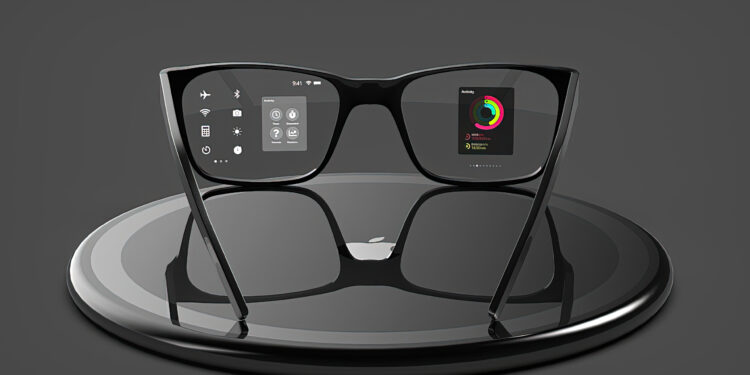In a world where digital innovation is paramount, Apple is not resting on its laurels. The company, renowned for its disruptive technology, has initiated an in-house exploration of the smart glasses sector. According to a recent Bloomberg News report, Apple has launched a project “Atlas” to study the current market and the potential integration of its technology in smart eyewear.
This strategic move involves gathering insights directly from Apple’s workforce. The initiative, managed by Apple’s Product Systems Quality team—a pivotal part of its hardware engineering department—aims to harness first-hand user feedback from within its ranks. “Testing and developing products that all can come to love is very important to what we do at Apple,” the team mentioned in an email to potential study participants at Apple’s headquarters.
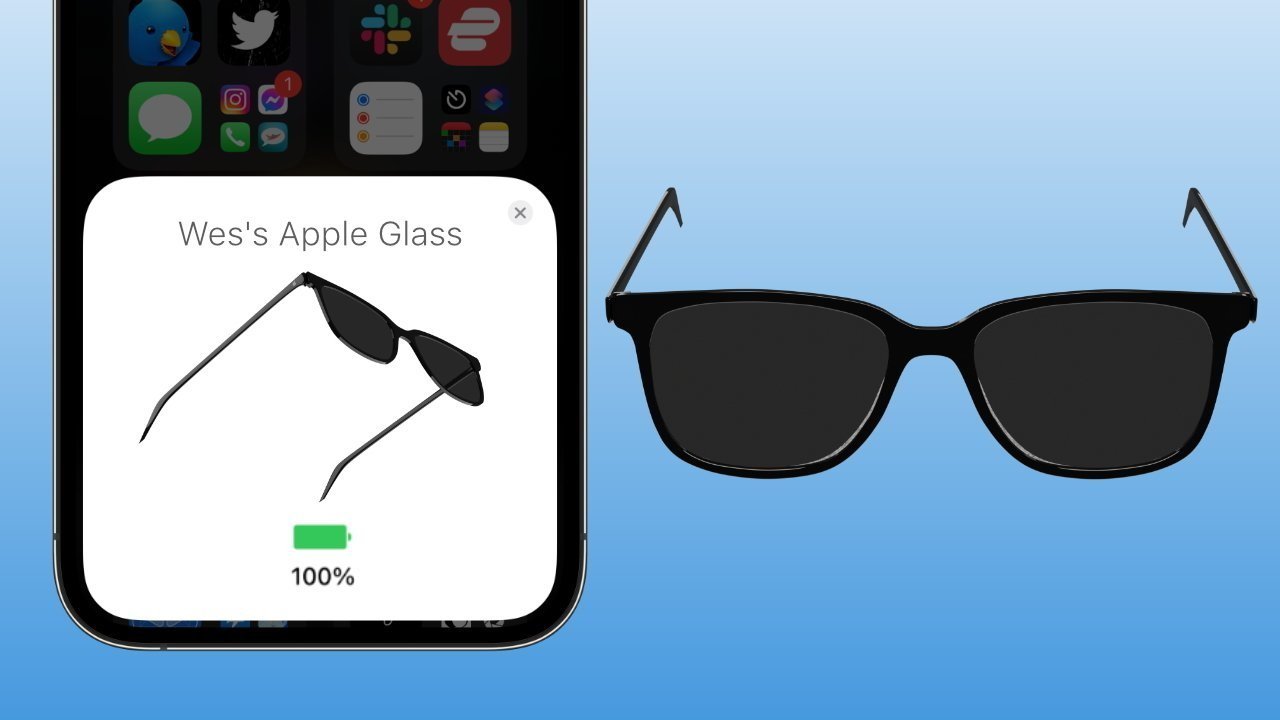
Industry Challenges and the Vision Pro Setback
Despite Apple’s commitment to innovation, the journey into smart glasses is not without its challenges. The company’s earlier foray into face-worn technology, the Vision Pro headset, has had its share of hurdles. Launched with a hefty price tag of nearly $3,500, it failed to resonate on a broader scale due to its unwieldiness and cost. Following this, reports surfaced about significant production cuts, with a source at Luxshare, the device’s assembler, revealing to Reuters plans for winding down its manufacturing.
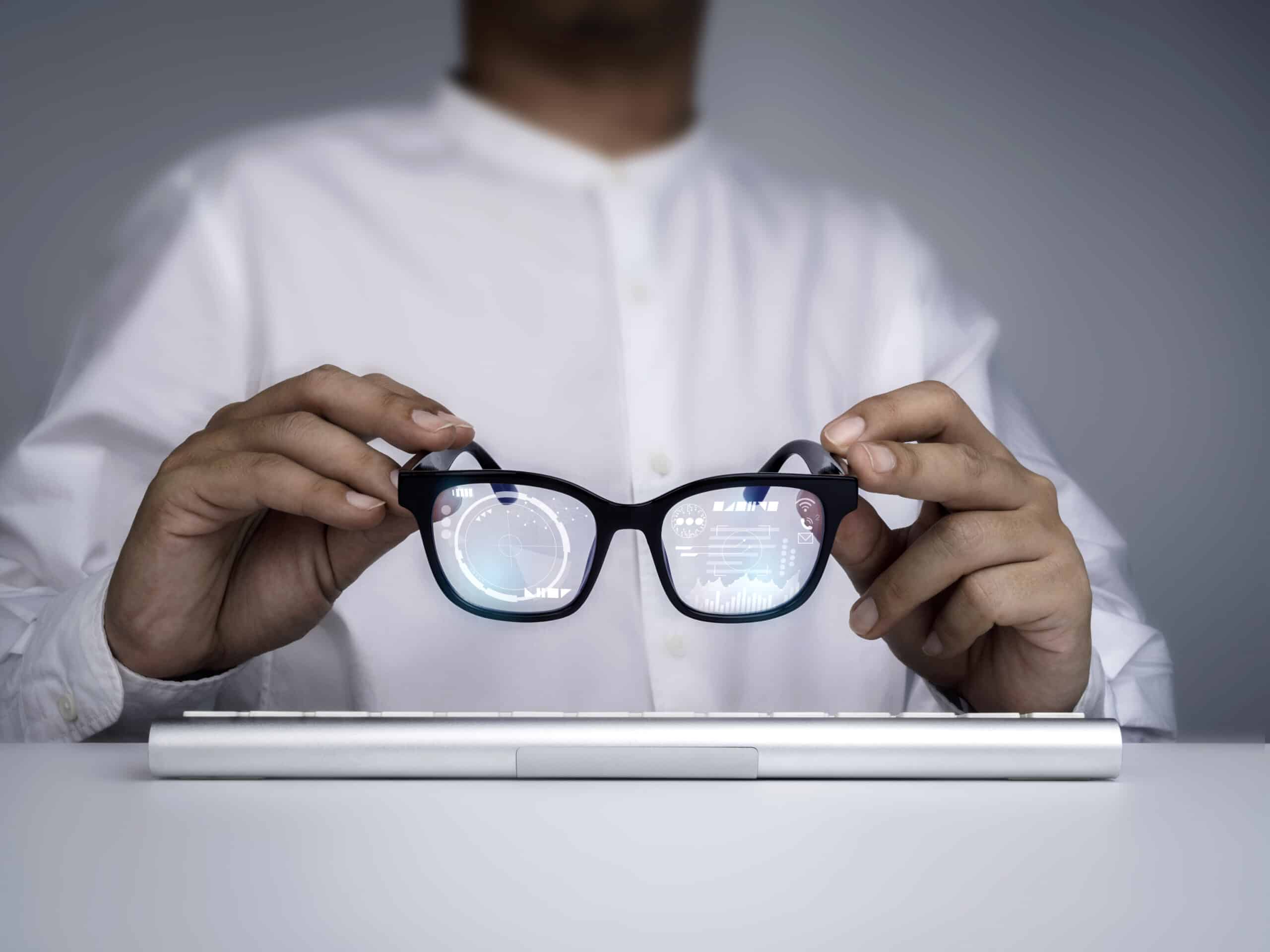
Competing in a Crowded Market
Apple’s venture into smart glasses would place it in direct competition with other tech giants, like Meta, which has already marked its territory through a high-profile collaboration with EssilorLuxottica, the makers of Ray-Ban. This partnership signifies a substantial push into enhancing smart eyewear technology, further integrating artificial intelligence to revolutionize how consumers interact with digital and physical retail spaces.
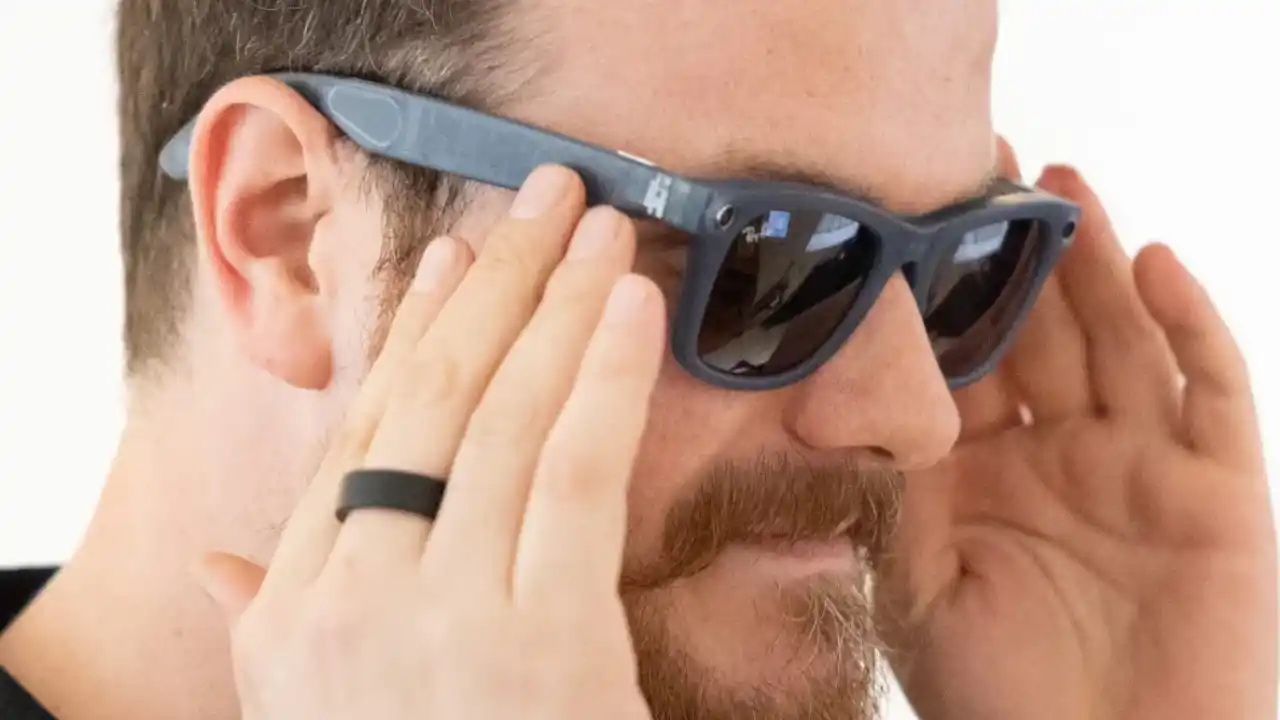
The Future of Retail and AI Integration
The evolution of smart eyewear could dramatically alter consumer shopping experiences, offering immersive virtual environments and real-time interactive features. “Experts anticipate these glasses will offer immersive virtual shopping experiences, allow for real-time price comparisons, and integrate digital catalogues directly into users’ vision,” stated PYMNTS in a report. Such advancements suggest a blurring of lines between digital browsing and physical shopping, as AI becomes a more prevalent tool in the consumer’s decision-making process.
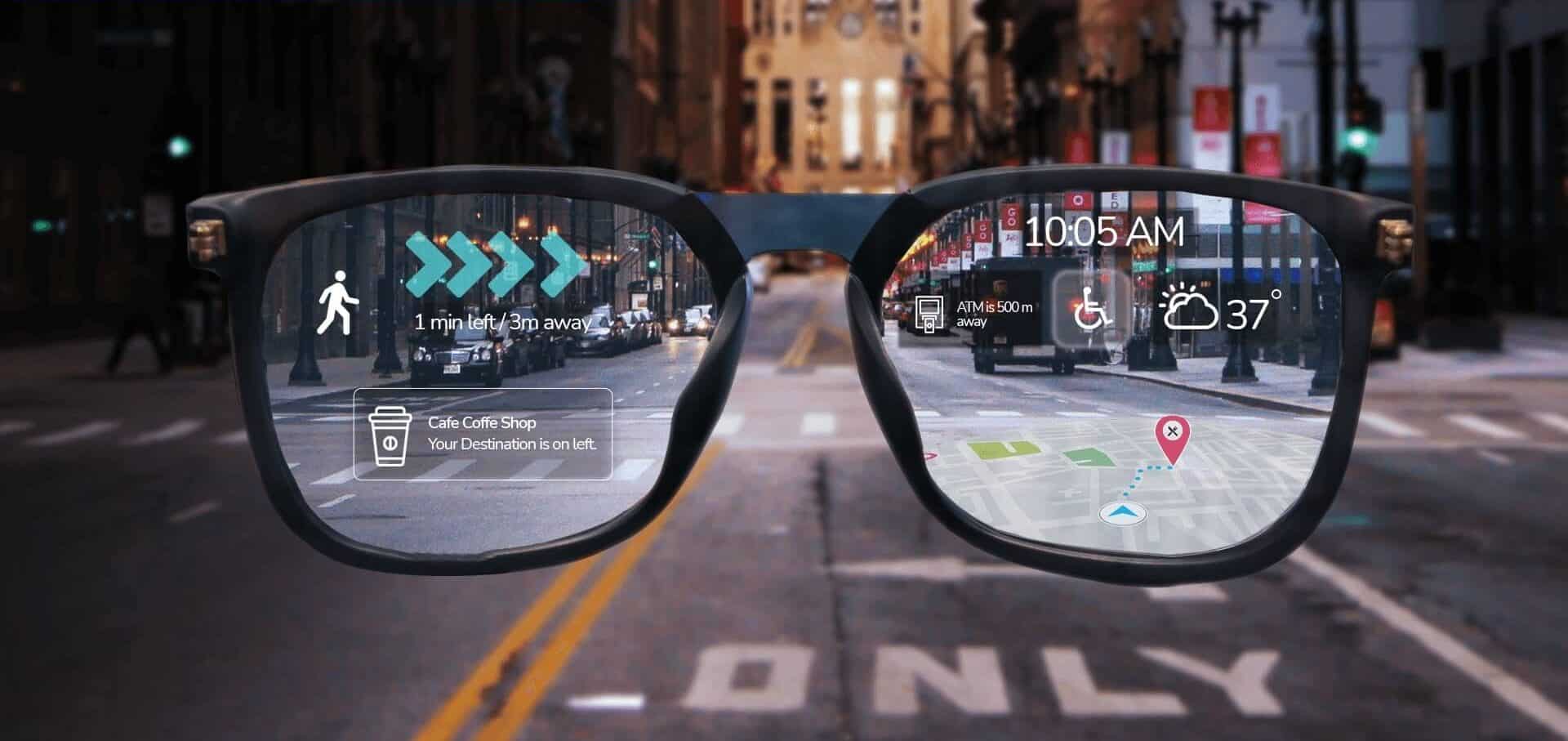
Apple’s Next Steps
As Apple considers a more accessible version of the Vision Pro, aimed at capturing a wider audience, the smart glasses market could witness significant shifts. If Apple can navigate the complexities of design and functionality, reducing the barriers posed by high costs and bulky designs, it may well be on its way to redefining yet another tech frontier. Apple’s continued push into new realms of technology, backed by strategic research and development, shows a clear intent to not just participate but lead in the wearables landscape. As the company weighs its options in the smart glasses arena, the tech community and consumers alike watch eagerly, anticipating the next big innovation that could again transform our digital lives.

